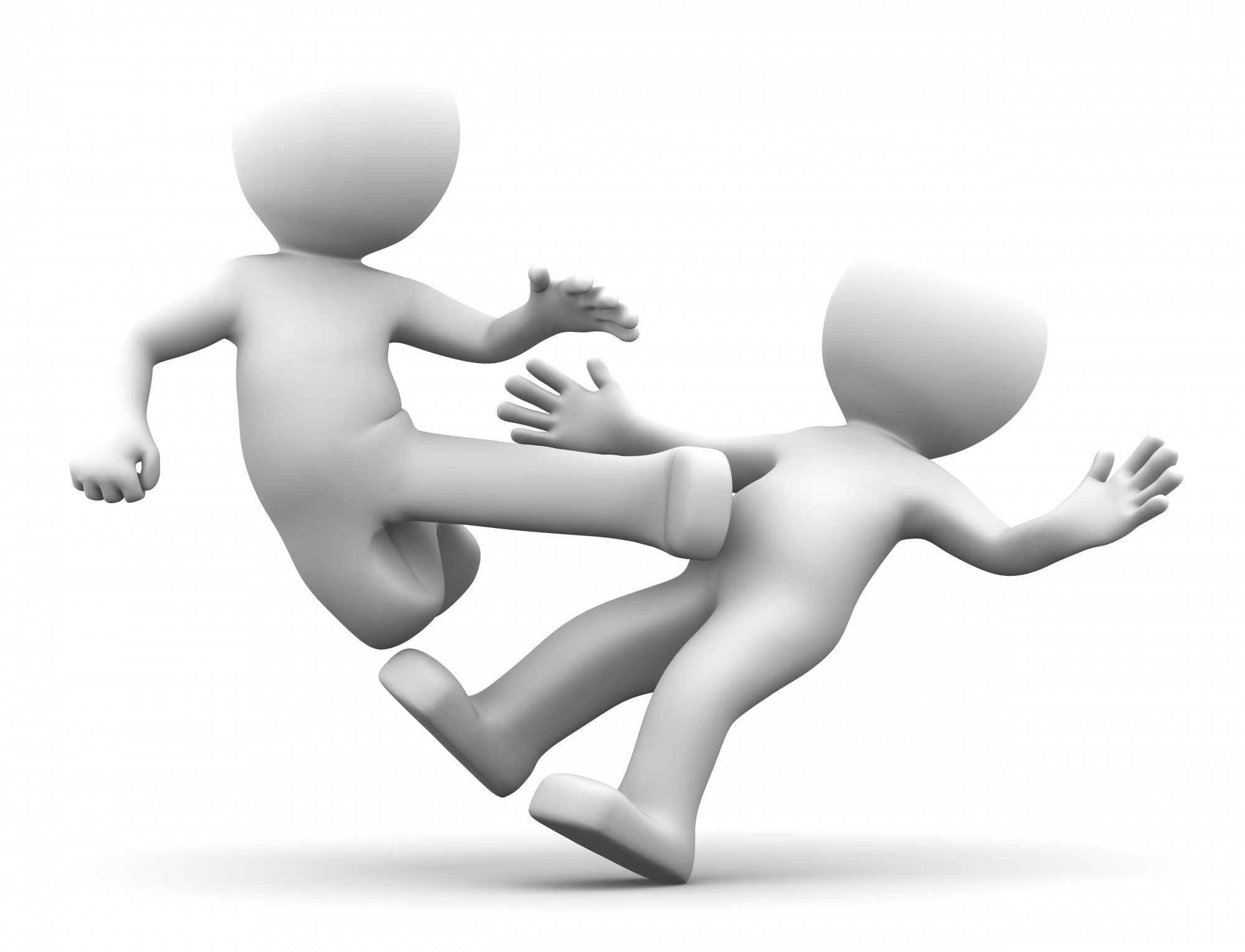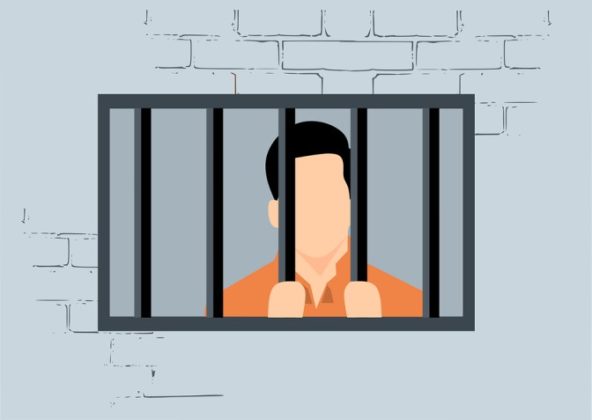Generally, the use of force in self-defense is considered lawful and justified, and individuals are not typically subject to criminal prosecution or imprisonment for acting in self-defense. However, the legality of self-defense and the potential consequences of fighting in self-defense can vary depending on the specific circumstances, legal jurisdiction, and the actions taken by the individual.

1. Justification for Self-Defense:

- Self-defense is a legal defense that allows individuals to use reasonable force to protect themselves or others from imminent harm or danger.
- The use of force must be proportionate to the threat perceived and must not exceed what is necessary to neutralize the threat.
2. Limits and Conditions:

- The right to self-defense is not absolute and is subject to certain limitations and conditions:
- The danger or perceived threat must be imminent and immediate.
- The force used must be proportional to the severity of the threat.
- The individual must have exhausted all other reasonable means of avoiding or de-escalating the conflict.
3. When Self-Defense Can Lead to Criminal Charges:
- In certain situations, actions taken in self-defense may still lead to criminal charges, particularly if:
- The use of force is excessive or disproportionate to the threat.
- The individual provokes or initiates the conflict.
- The individual uses deadly force when it is not necessary or reasonable.
- The individual’s actions result in serious injury or death to the other party.
4. Legal Consequences and Penalties:
- If an individual is charged with a crime related to fighting in self-defense, the potential penalties can vary depending on the severity of the charges and the jurisdiction:
- Misdemeanor charges may result in fines, probation, or community service.
- Felony charges may carry significant jail time, fines, and other penalties.
- The specific outcome will depend on factors such as the individual’s criminal history, the circumstances of the altercation, and the evidence presented in court.
5. Seeking Legal Advice:
- Individuals involved in fighting or altercations that may involve self-defense should seek legal advice from an attorney:
- An attorney can assess the specific circumstances of the case and provide guidance on the legal implications and potential consequences.
- Legal representation can help ensure that the individual’s rights are protected and that they receive a fair trial if criminal charges are filed.
Conclusion:
Fighting in self-defense is a complex legal matter that can have serious consequences. Individuals should carefully consider the circumstances and use only reasonable and necessary force to protect themselves or others from harm. Consulting with an attorney is essential to understand the legal implications and potential penalties associated with fighting in self-defense.






